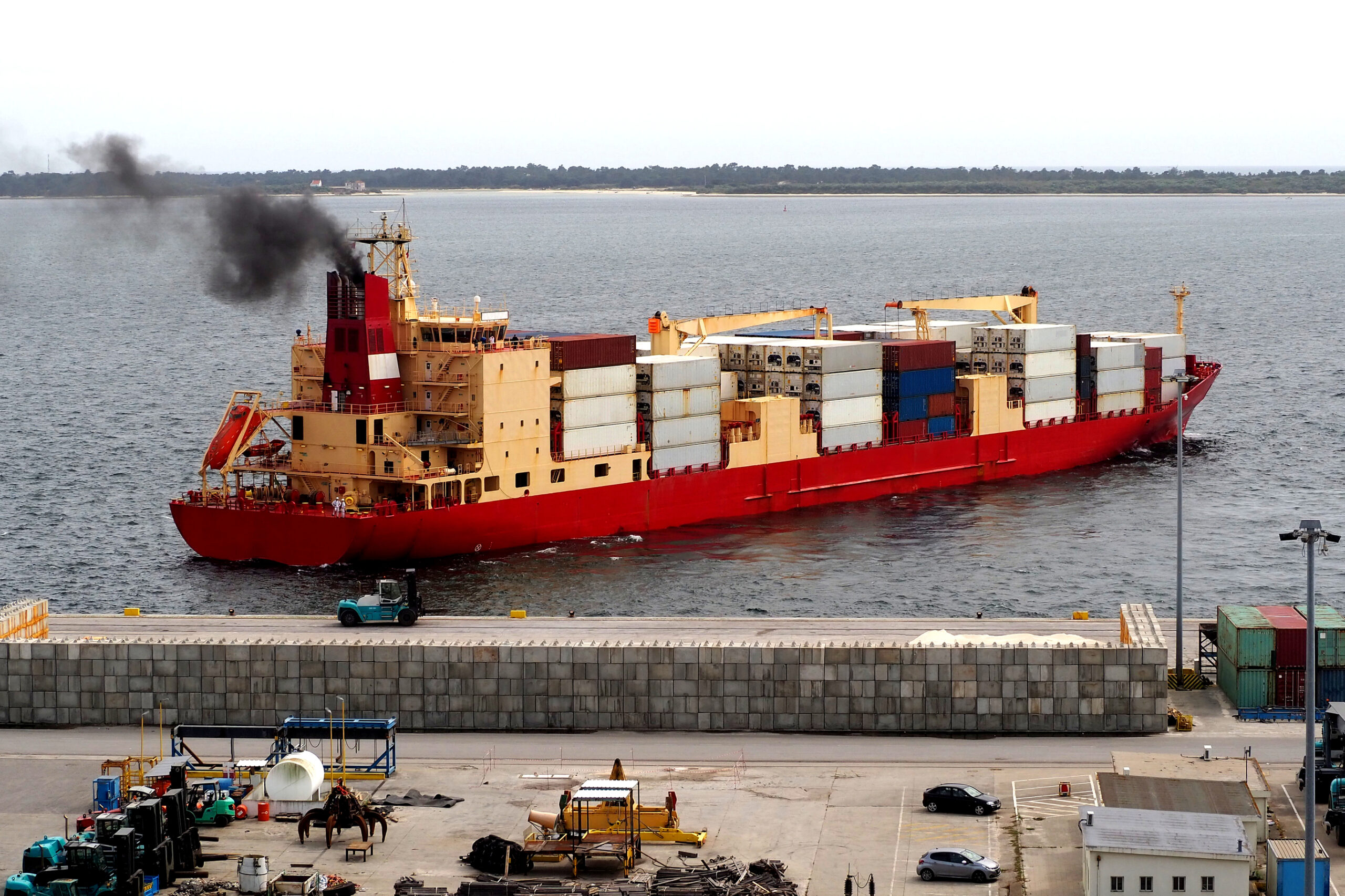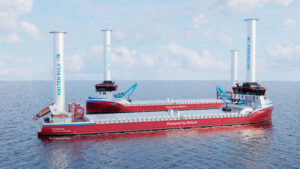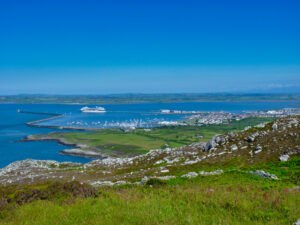A group of 15 nations have agreed a staged ban on the release of discharge water from ships’ exhaust gas scrubbers in coastal waters. Ministers and senior representatives from the 16 Contracting Parties to the OSPAR Convention met in Vigo last week and took measures to enhance protection of the North-East Atlantic Ocean.
Hosted by the Spanish government, the meeting marked a critical midpoint in the implementation of the North-East Atlantic Environment Strategy (NEAES) 2030, OSPAR’s roadmap for ocean health in the region.
Fifteen Contracting Parties consisting of Belgium, Denmark, Finland, France, Germany, Iceland, Ireland, Luxembourg, The Netherlands, Norway, Portugal, Spain, Sweden, Switzerland and United Kingdom expressed, during the meeting in Spain, serious concern about hazardous discharges from all types of exhaust gas cleaning systems (EGCS) on ships, particularly in coastal zones.
One of the key outcomes from the Vigo ministerial meeting was the staged ban on the release of discharge water from ships’ exhaust gas scrubbers in coastal waters.
The ministers agreed a roadmap to examine strengthening this by 2027.
Hosted by the Spanish government, OSPAR countries also adopted a series of collective actions regarding the expansion of the OSPAR maritime area, the new regional action plans on underwater noise and on Benthic habitats, strengthening the Arctic protection, offshore installations, radioactive substances, the future-proofing of the OSPAR Convention and taking new measures on marine litter.
Contracting Parties reaffirmed that the OSPAR Commission not only has the mandate but also the responsibility to lead globally in the protection of the marine environment.
“The decisions taken today in Vigo reflect our shared commitment to protect our ocean through cooperation, ambition, and accountability. With these new measures, OSPAR continues to lead the way in regional marine protection,” stated the OSPAR Commission executive secretary, Dominic Pattinson.
The OSPAR Convention is the legal instrument guiding international cooperation on the protection of the marine environment of the North-East Atlantic.
Work under the Convention is managed by the OSPAR Commission, made up of representatives of the governments of 15 Contracting Parties and the European Commission, representing the European Union.



